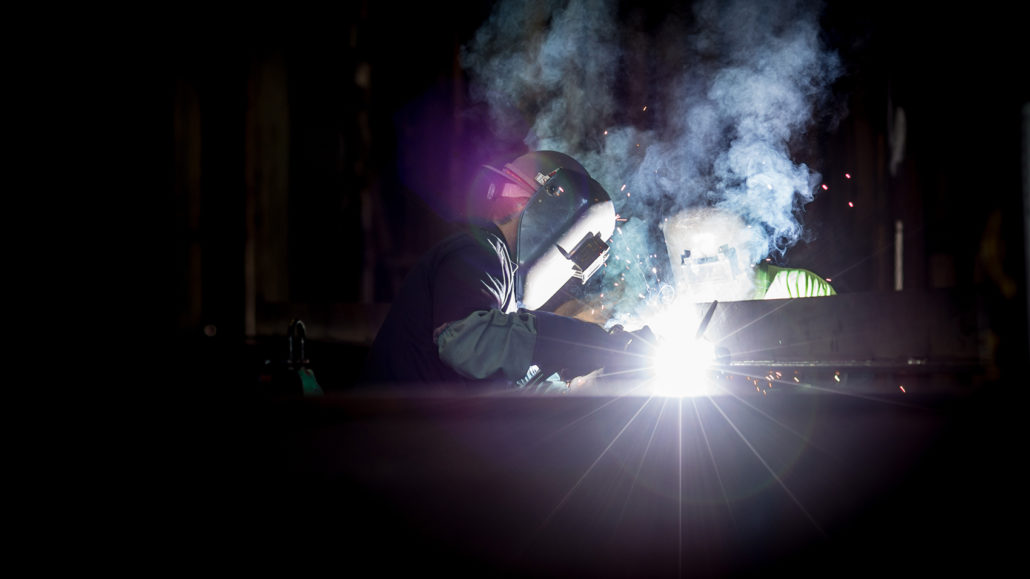Your Quick Reference Guide – 32 Insurance Terms to Know and Understand
When you go to buy coverage – as we all need to do – it’s very helpful if you’re familiar with the terminology. Here are 32 insurance terms to help you navigate the murky policy waters!
We’ve all stood in front of our insurance broker and nodded in agreement, even if we don’t fully understand what it is we’re actually purchasing. The terminology can be confusing and isn’t language that we often use in our day-to-day.
To help, here’s a quick reference guide to 32 of the most used insurance terms and what they mean:
- Actual cash value (ACV): What your property is worth. It takes into account factors such as the cost of replacement minus depreciation.
- Adjuster: The person assigned to identify the extent of the damage or loss so they can determine a settlement amount.
- Bareland condominium: A detached home built on commonly-owned land. The owner possesses both the structure and the plot of land on which it’s built. The condo corporation receives fees from the owners to maintain those common areas within the community.
- Claim: The request you present to your insurer after loss or damage to your property.
- Comprehensive coverage: Coverage for all risks, other than those that have been specifically excluded.
- Deductible: The amount you have agreed, and are required, to pay before your insurance company fulfills your claim. Once you have paid the deductible, your insurer covers the rest.
- Depreciation: The inevitable decrease in value over a period of time due to age and wear and tear.
- Effective date: The date your insurance policy goes into effect.
- Endorsement: Any addition to your insurance policy.
- Exclusion: A term that refers to those incidents or losses that aren’t covered by your insurance policy.
- First party: Also referred to as “named insured”. The primary policyholder identified in the insurance policy.
- Indemnity: An agreement between your insurer (in your insurance policy) and you where your provider is required to compensate you for loss or damages and return you to your status prior to the incident.
- In force: An insurance policy that hasn’t been canceled or hasn’t expired and is still active.
- Insurable interest: If the loss or damage of something causes you to suffer financially or otherwise.
- Liability/Liability coverage: Addresses risk – you’re protected financially if someone has an accident and gets hurt on your property. Expenses for any damages, losses or injuries are covered.
- Lienholder: A lender who legally owns your property (e.g. a vehicle).
- Limitation period: The defined period of time in which you are able to take legal action against your insurance company.
- Loss assessment: If you own a condo, you are responsible financially for covering part of the cost of damages to anything in the common areas of the condominium property.
- Mortgagee: An entity (e.g. bank) who lends money to an individual for the purchase of a property.
- Mortgagor: The individual who borrows money from a lender.
- Named insured: The individual to whom the insurance policy has been issued.
- Overland water coverage: Additional coverage (if available) that you add to your home insurance policy to protect you financially from loss due to damage from overland water – freshwater (from rising rivers or lakes and rainstorms or melting snow and ice). Damage from coastal water (saltwater) will not be covered under overland water insurance. Overland Water Coverage varies from market to market.
- Personal liability: Protects you and others in your home in case you’re sued – if someone trips on your stairs and gets hurt during a visit to your home, for example. Typically included in your home insurance policy. It can also protect you if you happen to damage someone else’s property.
- Policy: The legal and binding document that details all the information about your insurance coverage, including terms and conditions.
- Premium: The rate that you pay for your home insurance coverage.
- Pro-rata cancellation: If you cancel your policy before it renews, you receive back any unearned premium – that is, premiums you’ve paid for but not yet used.
- Replacement Cost: The cost to repair or replace your home or personal belongings after an incident, including materials and labour, without any deduction for depreciation. (For homeowners, this isn’t the same as market value which includes the cost of the land.)
- Risk: The probability of loss, damage, injury or liability.
- Seasonal dwelling: Typically defined as a vacation home – cabin, cottage, or chalet that isn’t occupied full-time.
- Sewer backup coverage: Additional insurance coverage to protect you financially for any loss or damages if your sewer system backs up.
- Specialty belongings: Items that might require separate coverage as their value exceeds the limits of standard contents coverage. This includes items such as jewelry, artwork, silverware, furs, and collectibles (rare books, stamps and coins, sports memorabilia, and comic books, for example.
- Specified perils: Losses experienced as a result of events specifically defined in your policy: lightning, fire, hail, windstorm, earthquake, theft, explosion, and riot/civil disturbance.
Questions about home insurance or other policy? We can help — TALK TO US!










